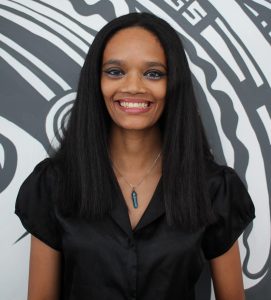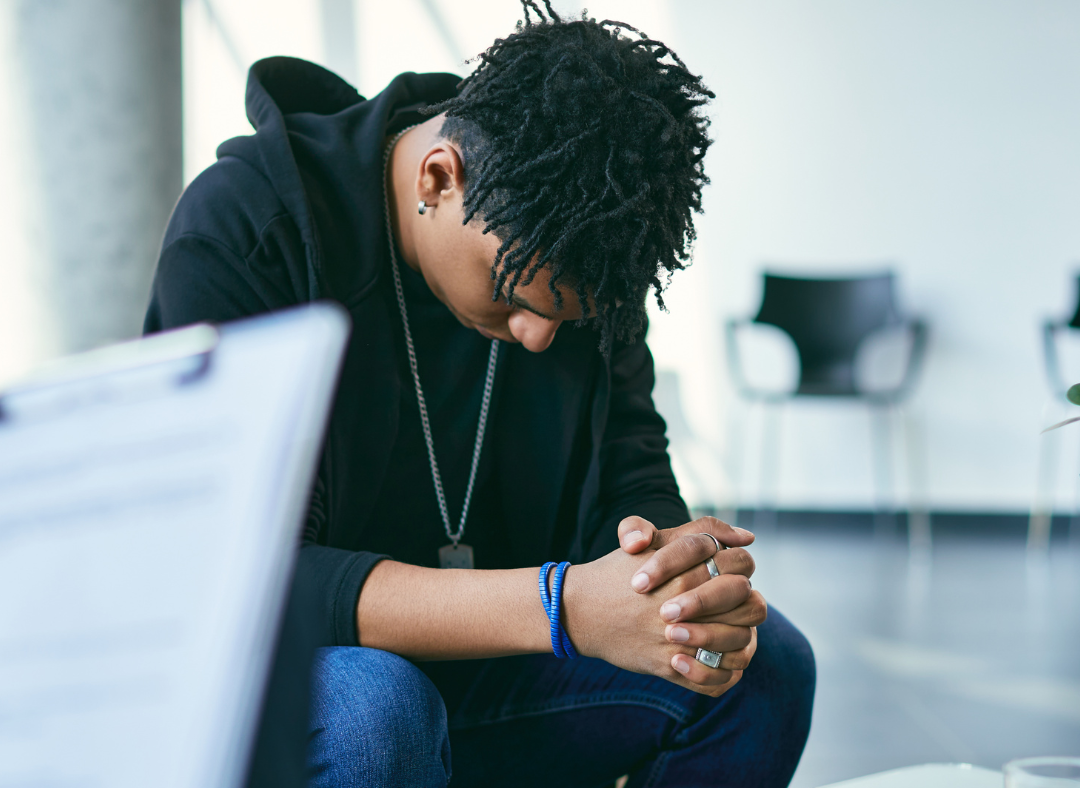COVID-19 may have been the pandemic that lasted over a span of 3 years, but the true pandemic is the silent voices of men who are struggling with mental health issues. Why do we downplay the fact that men also struggle with their mental health? Or is it because we are so accustomed to men being strong leaders and role models, being tough and not showing any emotion, because ‘boys don’t cry’, right? Why do we put so much emphasis on mental health being something that only women experience, meanwhile men are suffering in silence.
According to the World Health Organization (WHO), men are four times most likely to commit suicide than women in South Africa. Men are also drawn to using aggressive methods of suicide, such as using a weapon, jumping off high buildings or jumping in front of oncoming vehicles, as well as suffocation. Sometimes mental health issues may also be misdiagnosed or untreated due to men not wanting to seek help out of fear of judgement, but also because of health workers being untrained to recognize how the symptoms are presented in men. In the Cape Flats, men’s mental health is underreported and understudied compared to women’s mental health. It should also be noted that when mental health awareness is raised, it mostly consists of white middle-aged men with high-income jobs who can afford to seek treatment. There is also no specific research on the effects of men’s mental health in the coloured community and most of the judgement or stigma comes from friends and family.
Taking into consideration that men tend to suppress their mental health issues, men are three times less likely than women to seek help. One of the main reasons being the stigma of mental health. Many communities also lack resources, especially when it comes to mental health and therefore, there is no safe space for men to go to and speak about their issues. Globally, social media may have changed the way people view mental health and society may seem as if there is some kind of openness towards it, that does not ring true when it comes to the mental health of men. The lived experiences are rarely shared or spoken about and even so, those who are brave enough to share their experiences are discriminated and mocked for being weak and soft. But does being vulnerable or expressing one’s thoughts or emotions make men seem weak or soft?
Cultural differences also play a huge role on the man’s perspective of mental health. Being told ‘don’t cry’, ‘toughen up’ or ‘man up’ at a young age impacts the way some men choose to express their emotions. Society says that men are supposed to be strong and therefore any sign of vulnerability is thought to lessen their masculinity. How dare they be human and disrupt society’s standards? So how do we raise more awareness for men’s mental health? How do we encourage men to seek help?
We empower them enough to want to seek help and advocate for others in their community. We get them involved and provide intervention programmes that they can attend in a safe, understanding and non-judgemental space, even workshops that are run by men for men; where they are able to work as individuals or in groups and share their lived experiences. We make sure that healthcare workers are trained enough to understand and explain what mental health is, especially in smaller communities where it is not spoken about enough.
It’s easier said than done. These suggestions too have their cons and it only takes one man to create a positive chain reaction.
The Author: Tamrin-Kaye Van Reenen (Humanitas Intern)
Here is a little bit more about her:

Hello, my name is Tamrin-Kaye.
I am currently a wellness counselling student with Humanitas and Vita Nova.
I completed my Bachelor’s Degree in Counseling and Psychology at SACAP.
I believe that just by being present; empathetic and making someone feel seen and heard can work wonders for one’s soul.
I enjoy working with teenagers, as well as adults (young and mature aged).
I hope to walk along with you on your healing journey to self-discovery; growth and contentment.
I also believe in providing a warm and safe, non-judgmental space where you can be free to just be and express who you are.
Like Carl Roger’s said, “People are just as wonderful as sunsets if I can let them be… When I look at a sunset, I don’t find myself saying, ‘Soften the orange a bit on the right hand corner’… I don’t try to control a sunset. I watch with awe as it unfolds.”


